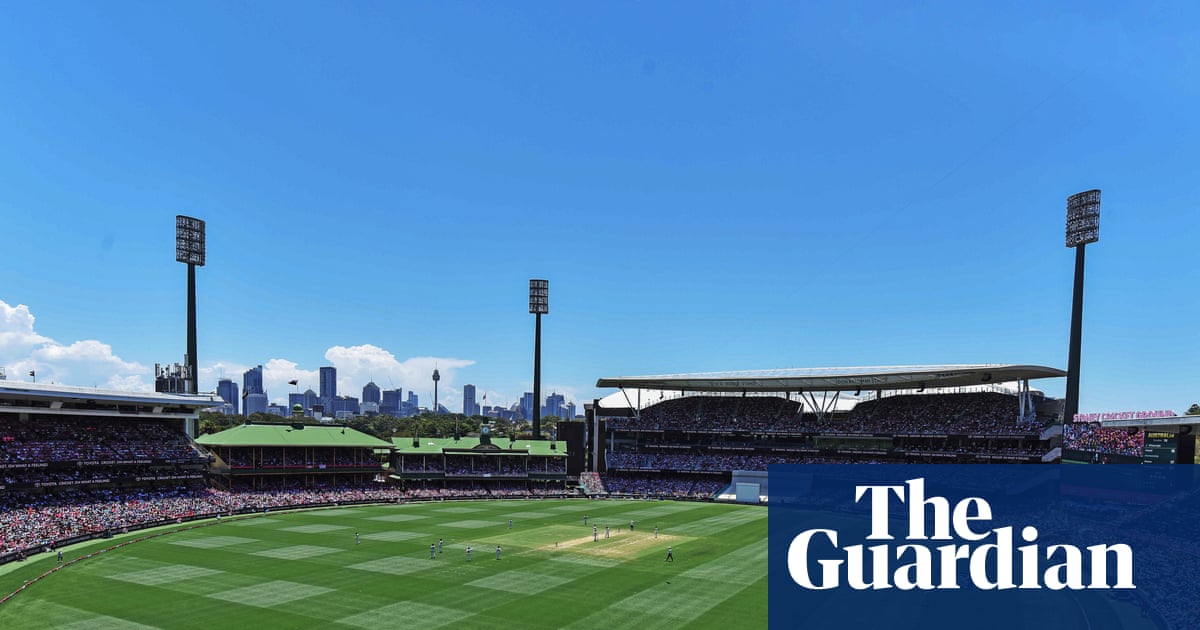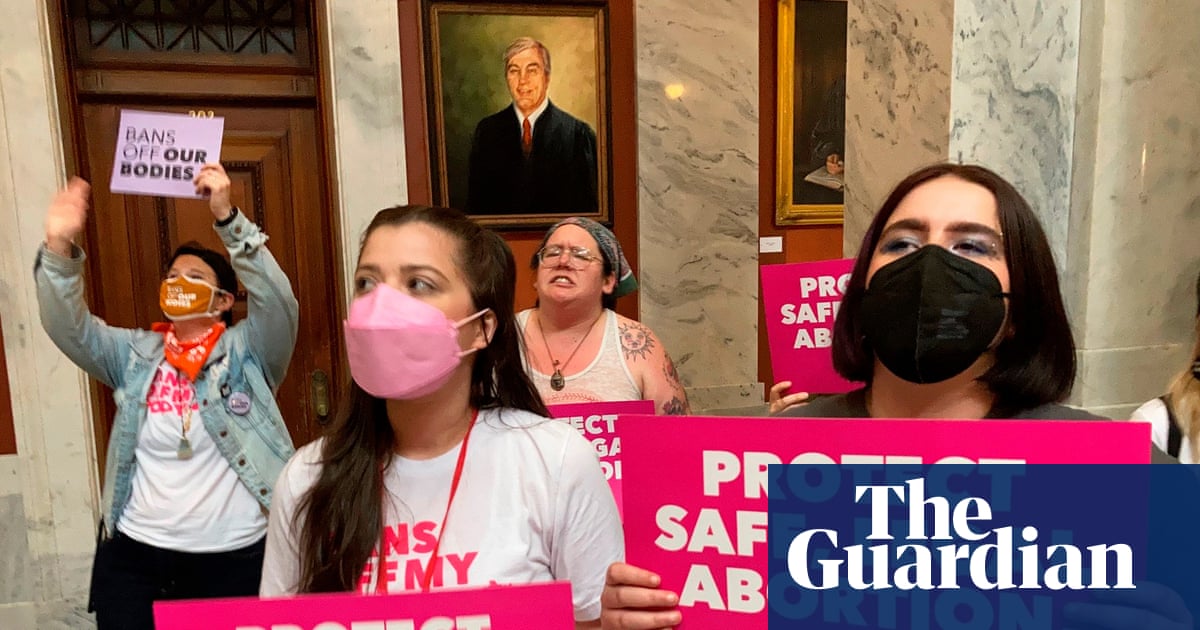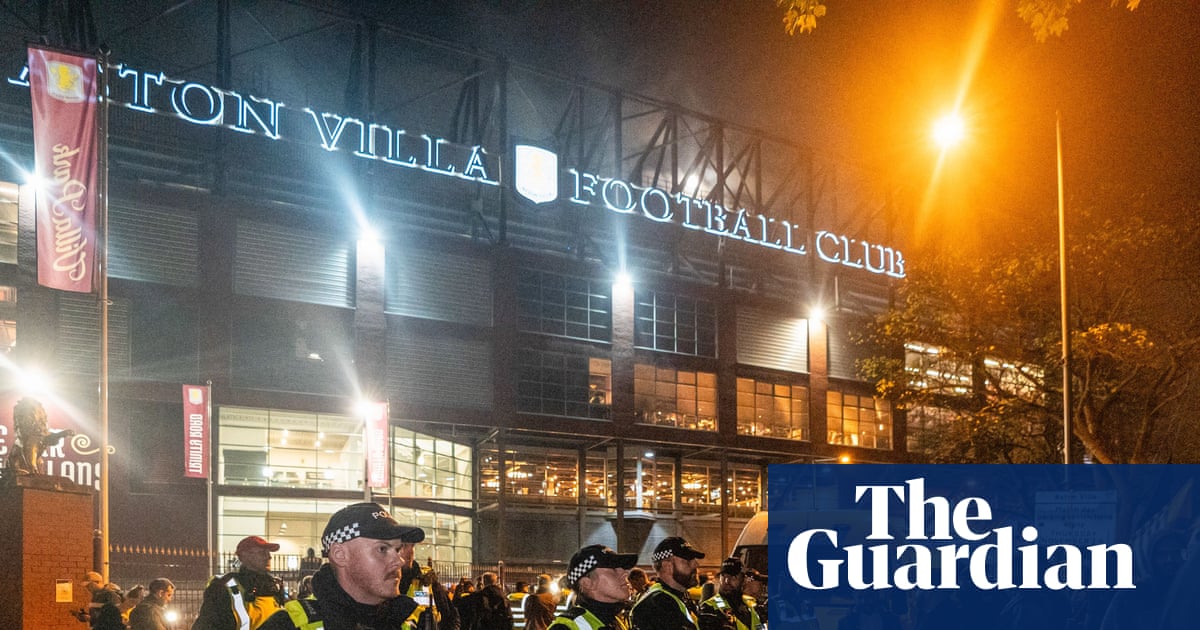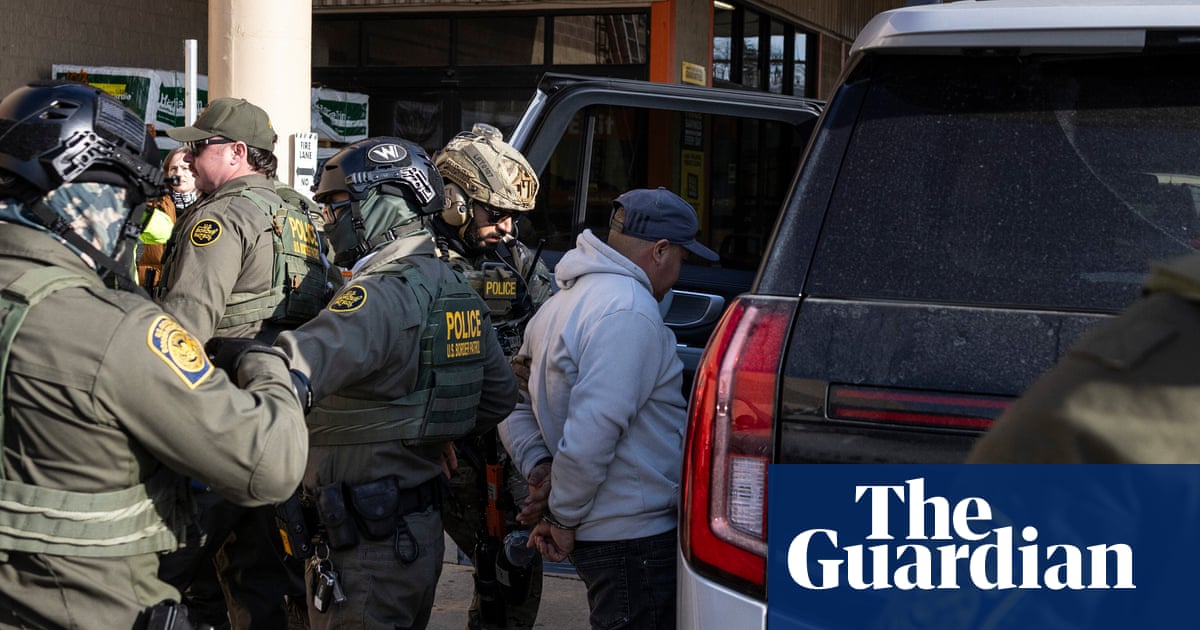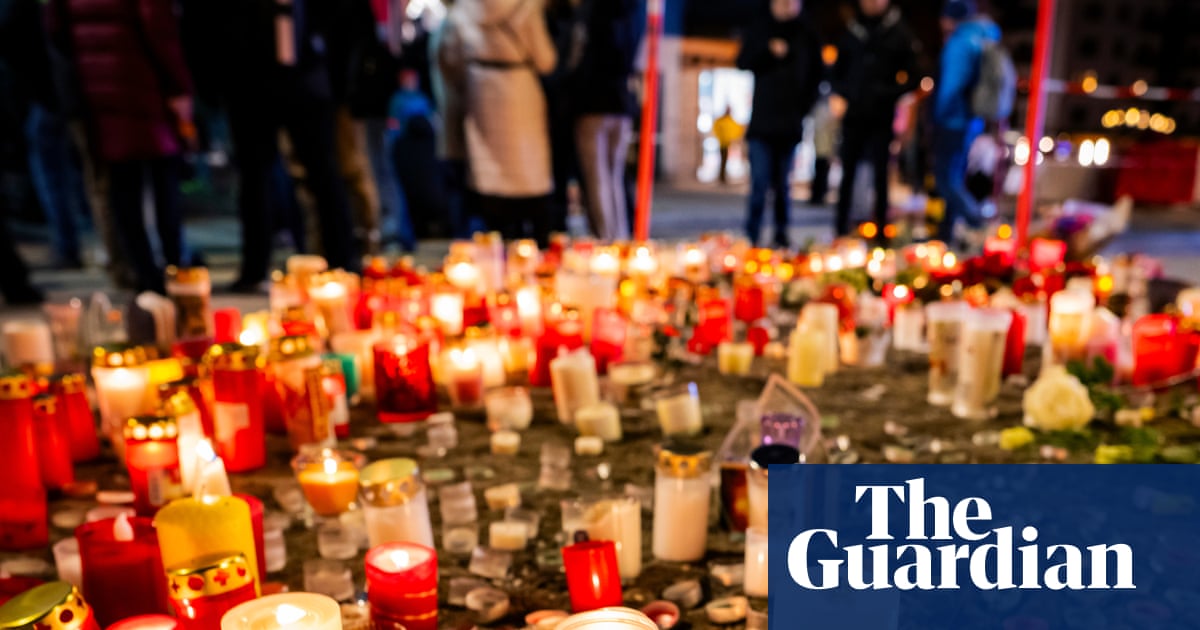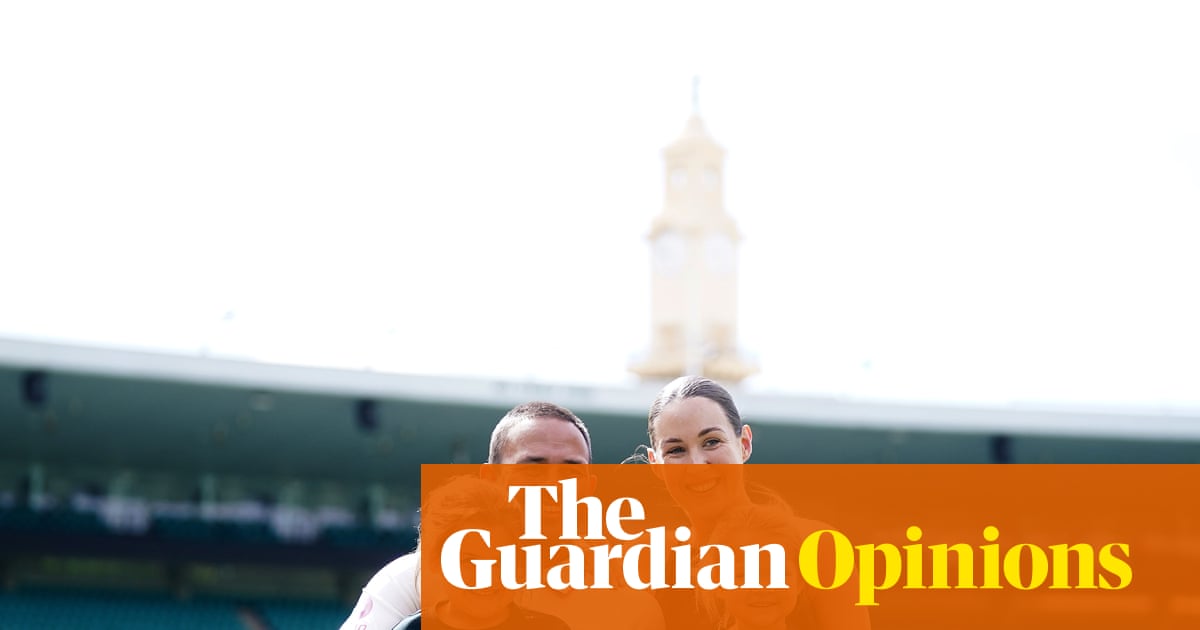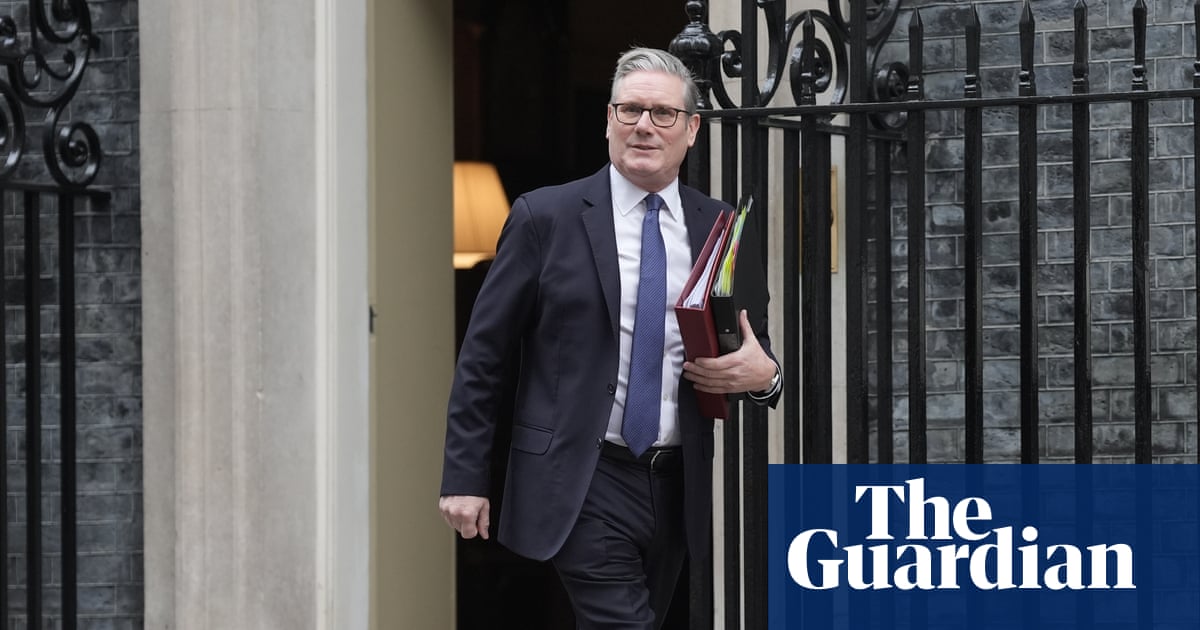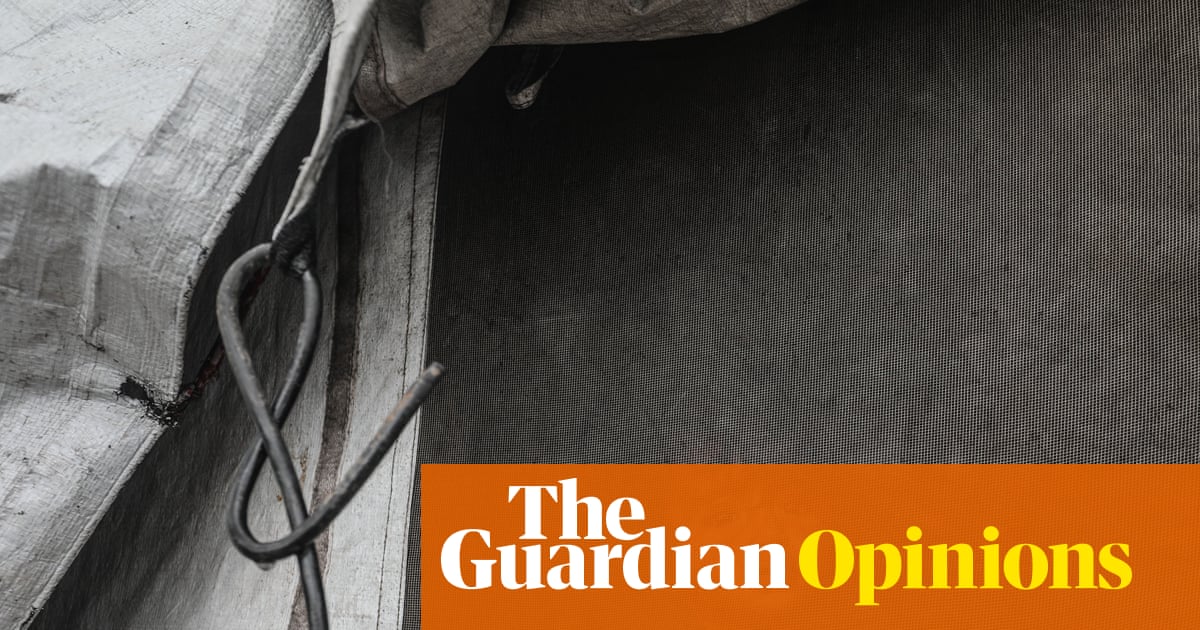With bear traps avoided and fireworks unlit, Keir Starmer will be delighted that his press conference with Donald Trump lent credence to his claim to be America’s first partner in defence, trade and now technology.
Trump, for his part, got the “great pictures” he wanted and was on his best low-wattage behaviour. He said he did not disagree with his host about much, save Starmer’s plan to recognise a Palestinian state. And he teetered on the edge of being diplomatic, at least until he advised Starmer to use the military to stop small boats crossing the Channel.
But the hour the two men spent away from the cameras will be the true test of whether Starmer was able to use this second state visit, with all its pomp, to change any of the US president’s thinking.
Starmer – whose technique in public is to alight on whatever small patch of common ground he can find with Trump – will have used that precious private time to try to persuade him to think again about the trustworthiness of Vladimir Putin and the judgment of Benjamin Netanyahu.
On Gaza, judging by the press conference, Starmer failed. Trump nodded when he was told by an ITV reporter that he was “the only man on the planet capable of stopping the demolition of Gaza City, to stop the starvation of Palestine and stop the killing of civilians”.
Trump replied that he could not forget 7 October, and said his demand was for Hamas to hand over all the hostages in one go.
Starmer and Trump are not that far apart, however, since the entire Arab world now backs plans for a government for Gaza in which Hamas plays no role. That will be underscored again at a UN conference next week.
Trump is also privately supportive of the joint plan from Jared Kushner and Tony Blair for Gaza’s reconstruction, in which Palestinians would not be displaced from the territory. Displacement, with its echoes of the Nakba of 1948, would make it a non-starter with Gulf states, and in any case would run counter to the ideas generated by Egypt, France and the UK.
Starmer’s difficulty lies in persuading Trump to weigh in behind specific plans in public, and convining him that Gulf states will start to make their own plans for future security if he appears to subcontract his Middle East policy to Netanyahu.
On Ukraine there may have been something closer to a meeting of minds. Trump, sounding hurt, said he felt really let down by Putin, and acknowledged that the war had been more difficult to solve than he forecast.
Starmer held back from saying Trump’s optimism had been misplaced. But he said Putin’s latest targets showed a new “recklessness” that demanded a stronger response.
after newsletter promotion
“We have to put extra pressure on Putin,” Starmer said. “It’s only when the president has put pressure on Putin that he’s actually shown any inclination to move.”
Cornered about whether he was willing to apply this pressure, Trump said: “I’m willing to do other things,” adding: “But not when the people that I’m fighting for are buying oil from Russia.”
Given the levels of ignorance Trump harbours, it is always possible he only learned recently that some members of the European Union – in particular his close allies Slovakia and Hungary – continue to import Russian oil, but it has provided him with a convenient excuse not to impose the tariffs he promised on China for importing Russian oil.
The one thing Starmer cannot afford is for Trump to walk away from the Ukraine crisis. So he and Europe now have little choice but to move faster on closing down the flow of oil to Europe. The European Commission president, Ursula von der Leyen, has already promised to speed up its plan to stop buying Russian oil and gas, moving the deadline earlier than 2028.
Starmer has something to work with in that Trump agreed that the lower the price of oil, the quicker Putin would settle.
After the past two days, King Charles and Starmer can only hope Trump is closer to being convinced that if he stops talking about sanctions, and instead implements them, he can persuade Putin that his options are finally closed.

 3 months ago
129
3 months ago
129

